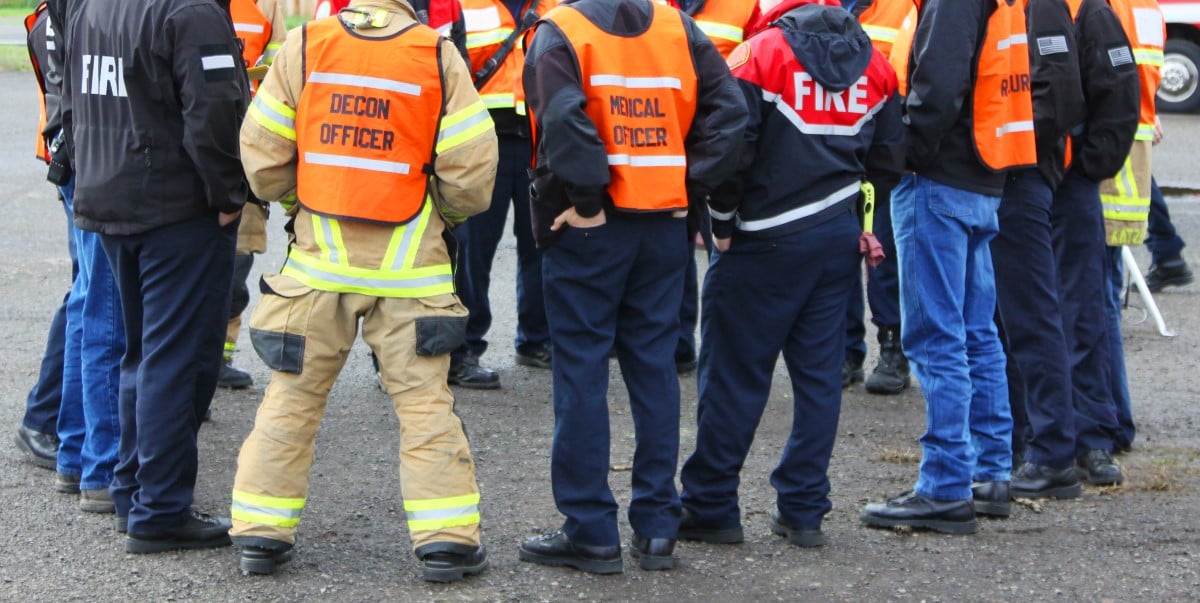WASHINGTON, D.C.—The Trauma Coalition, a broad group of organizations representing the nation’s frontline trauma care providers, applauds House passage of S. 1379, the Pandemic and All-Hazards Preparedness and Advancing Innovation Act of 2019 (PAHPAI). By reauthorizing essential health programs and creating new opportunities for public-private collaboration, this bipartisan legislation represents a critical step forward for our nation’s emergency preparedness and response capabilities. The measure, which was previously approved by the Senate on May 16, now heads to the president’s desk to be signed into law.
PAHPAI includes several provisions of particular importance to the nation’s trauma care providers, some of which are detailed below.
Section 204 of PAHPAI, known as the MISSION ZERO Act, authorizes the Assistant Secretary for Preparedness and Response (ASPR) to award grants that would enable military trauma care providers and trauma teams to provide trauma care and related acute care at civilian trauma centers. This training has the dual benefit of maintaining military surgical battle readiness between wars while at the same time improving civilian access to trauma care. MISSION ZERO has been one of the Trauma Coalition’s top legislative priorities since 2016, when the National Academies of Sciences, Engineering, and Medicine (NASEM) recommended the establishment of military-civilian trauma partnerships to help reduce the number of preventable traumatic deaths.
PAHPAI also authorizes another Coalition-supported initiative, the Regional Health Care Emergency Preparedness, and Response System. This program, developed by the Assistant Secretary for Preparedness and Response (ASPR) with input from the Trauma Coalition, will improve emergency response by creating regional systems of trauma centers, hospitals, and other public and private entities.
Finally, the legislation includes increased funding for the Hospital Preparedness Program (HPP), which supports regional collaboration by encouraging the development of health care coalitions. The HPP provides funding through cooperative agreements and grants to states, territories, and eligible municipalities to improve the capacity of the health care system to plan for and respond to medical surge events. HPP, the only source of federal funding for health care delivery system readiness, is intended to improve patient outcomes, minimize the need for supplemental emergency funding, and enable rapid recovery. By reauthorizing and the Hospital Preparedness Program with additional funding, Congress has improved the U.S. health care system’s ability to save lives during emergencies and disaster events.
For their leadership, advocacy, and continued support of this important legislation, the Trauma Coalition would like to thank the Senate bill sponsors, Sens. Richard Burr (R-N.C.) and Bob Casey (D-P.a.,); the House bill (H.R. 269) sponsors, Reps. Susan Brooks (R-IN) and Anna Eshoo (D-Calif.,); Senate HELP Committee Chairman Lamar Alexander (R-TN) and Ranking Member Patty Murray (D-Wash.); House Energy and Commerce Chairman Frank Pallone (D-N.J.) and Ranking Member Greg Walden (R-Ore.); and every other Member of Congress that worked tirelessly over the past year to ensure that this critical legislation becomes law.
About the Trauma Coalition
The Trauma Coalition is comprised of more than two dozen professional organizations representing frontline health care providers committed to advancing public policy that strengthens our nation’s trauma care system.
American Association for the Surgery of Trauma
American Association of Neurological Surgeons
American Association of Orthopaedic Surgeons
American Burn Association
American College of Emergency Physicians
American College of Surgeons
American Society of Plastic Surgeons
American Trauma Society
Congress of Neurological Surgeons
Eastern Association for the Surgery of Trauma
Emergency Nurses Association
National Association of Emergency Medical Technicians
Society of Trauma Nurses
Trauma Center Association of America
 American College of Emergency Physicians
American College of Emergency Physicians







